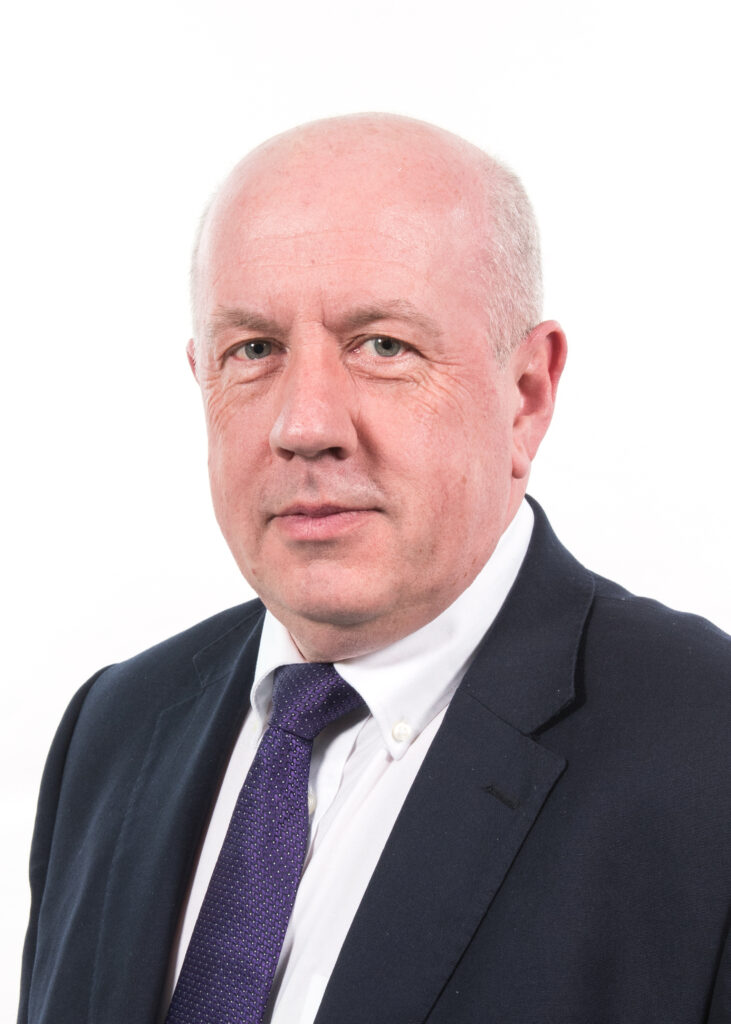Peak energy demand will rise by up to 50% in the next 30 years in the North West, according to Electricity North West’s annual Distribution Future Electricity Scenarios (DFES) publication.
This is due largely to the transition to low carbon technologies, in particular electric vehicles (EVs). The DFES suggests that half of vehicles will need to be electric by the early 2030s in order to meet decarbonisation targets, and all vehicles will need to be low carbon by 2050.
Other low carbon technologies are also expected to grow over the next 30 years, including heat pumps. In the North West, 60% of buildings will be warmed by heat pumps by 2050 according to the DFES, and one in six buildings are expected adopt a heat pump in an effort to decarbonise heating.
If this level is met, it would mean an addition of half a million heat pumps, which could increase electricity demand by 1,500MW alone.
Both EVs and heat pumps will contribute to increasing electricity demand, which could rise by 25% by 2030, and a further 25% by 2050.
The network operator is also predicting that there will be an increase in distributed generation of between 25% and 75% on current levels within the next decade. This could potentially lead to the North West having more than double its current level by 2050.
The DFES suggests there will be over 4GW of solar and wind generation connected to the Electricity North West network in the next 30 years.
At the moment, around one in fifty customers have solar on their roofs, and this could increase ten fold by 2050.
Steve Cox, engineering and technical director at Electricity North West, said: “We’re at the start of an avalanche of adoption of low carbon technologies and as the network operator for the region, it’s our job to support its economic development by working closely with stakeholders to understand their plans and then forecast the likely impact of those on the power network, which we do annually in our DFES publication.
“Electricity North West is in an ideal position to provide the reliable and impartial information that customers need to inform their own investment plans and the DFES is an important way for them to access this information and understand the scale of the challenge of transitioning to a low carbon economy.”
The DFES looked at five future energy scenarios; Active Economy, Green Ambition, Focus on Efficiency, Slow Progression and Central Outlook. These considered different amounts of financial prosperity and its effect on the energy landscape, and different decarbonisation scenario.
These scenarios are then used and compared, to generate the predicts as to renewables and demand growth if carbon goals are to be met.
Electricity North West highlights a number of upgrades it is undertaking in order to manage the energy transition, as the UK aims for net zero by 2050 and Greater Manchester by 2038.
It has already committed to investing £1.8 billion between 2015 and 2023 in overhead lines and underground cables to ensure the reliability of services in the region.
The DFES suggests there will be increases in batteries and other forms of storage technologies. There will also be a growth in reactive power, and places an emphasis on the importance of forecasting.
Cox added: “We’re focused on supporting our customers move to a low carbon future and we know demand for electricity is going to increase along with the amount of distributed generation in our region and that’s why we are investing tens of millions of pounds in new technology and increasing the resilience of our network.
“We’re adapting the network, so it can cope with the increase in demand and ensure the North West’s economy continue to grow and leads the way in meeting the UK’s carbon reduction targets.”
The company went 100% renewable at all its sites in an effort to lead by example earlier in December. In October, it announced that it was to rollout voltage control devices at its substations to optimise its network, reducing consumer bills and freeing capacity. It is targeting areas it is expecting to have a particularly high uptake of solar and EVs.
Earlier this month, Electricity North West sold a 50% stake in the operator that serves five million customers to a Kansai Electric-led consortium.






